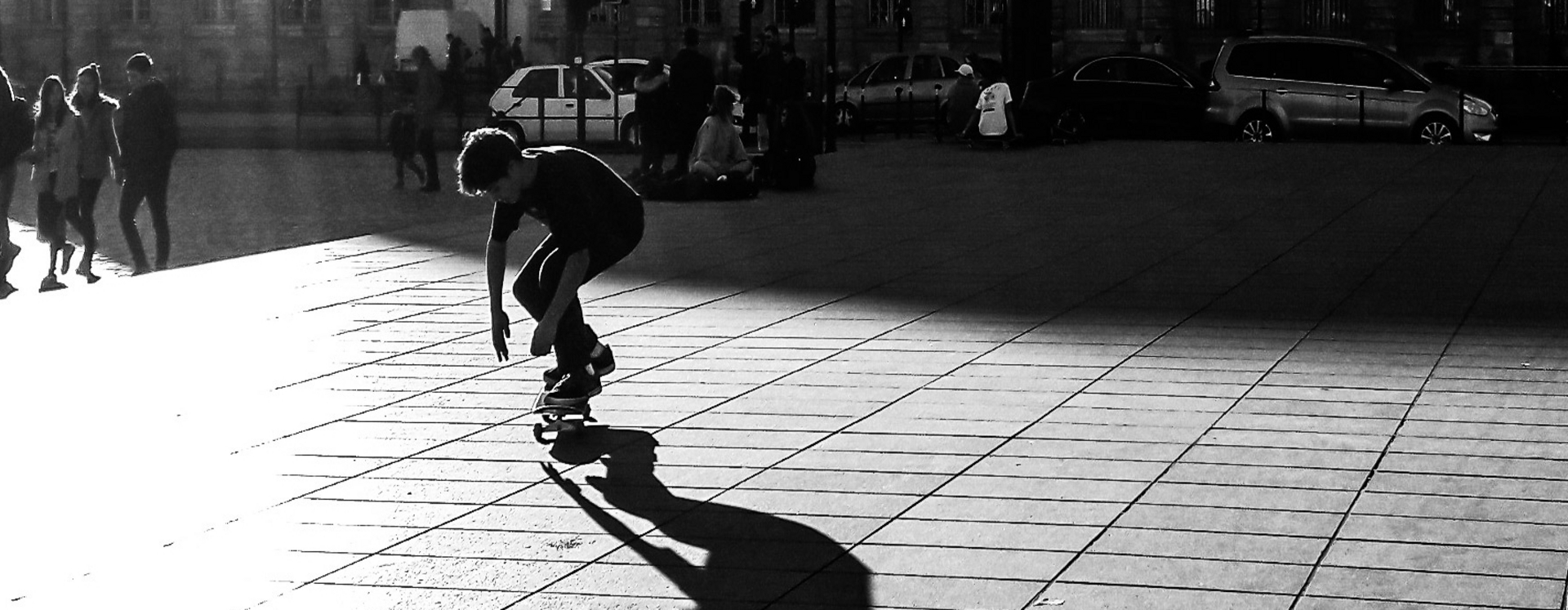Street Values
The Street Values project studies changing practices of heritage-making in public space, by analyzing examples and conceptual reflections. 'Our research provides insight in how we view and interpret the so-called socialization of heritage', says professor and project manager Riemer Knoop.
Heritage-making & placemaking
We live in a time of bottom-up, participation, diversity and more socially sustainable qualities in our living environment. It is therefore not surprising that the research shows a growing importance of new, sustainable and more participatory practices with respect to heritage and public space. Knoop: 'Looking at it from a ‘sustainist’ cultural perspective, the more these practices are socially embedded and provide room for multiple values and participants, the more succesful they become.'
The Street Values project looks at heritage as a social design challenge rather than an object or location which should be preserved. It shows how the practice of heritage-making is changing in the living environment. Heritage is becoming more inclusive, more interconnected with social actors and more closely attuned to the values of local communities. This has consequences for how heritage professionals should be educated.
ACIN
The project consisted of a series of multiday workshops and expert meetings with a broad group of researchers and heritage professionals. Led by the Reinwardt Academy in collaboration with the Research Group Play and Civic Media (HvA), Gordion Cultural Advise and Sustainism Lab, Street Values was made possible with help from Amsterdam Creative Industries Network (ACIN).
ACIN is a centre of expertise founded by Amsterdam University of Applied Sciences, Inholland University of Applied Sciences and the Amsterdam University of the Arts. Professors and researchers of these universities work closely together with leading companies on urgent metropolitan issues.
2015-2016
During the first phase of the project several concepts were explored by looking at specific areas in Amsterdam. The concept of placemaking was explored by looking at the Knowledge Mile, commons by looking at the Cruquius waterfront, and co-design by looking at the Wildeman area. These explorations can be found in the intermediate report (in Dutch).
2017-2018
During the second phase of the project three case studies were done at the request of interested parties. These were about:
- the link between the art programming of the Oude Kerk and its surroundings (Amsterdam, red-light district)
- the transferability of the concept of Story House Belvédère (Rotterdam)
- the implementation of the cultural-societal core values of the Binckhorst Area in the transition to a metropolitan residential and working area (The Hague)
The insights from this research were shared with Monuments and Archaeology of the City of Amsterdam and the Cultural Heritage Agency (RCE). They were also used consulting housing corporation Stadgenoot regarding adaptive re-use of a monumental building in Amsterdam North. And master students Public Administration at VU Amsterdam study the new forms of participation which are addressed in Street Values.
Finally, a reference to the the Street Values research in an advice (in Dutch) by the Council for Culture and the Council for the Environment and Infrastructure is an example of the changing attitude and behaviour – from collection to connection – the heritage sector needs to manage transitions with respect to climate, energy, demography and governance.
On 22 May 2019, in Pakhuis de Zwijger, the final report (in Dutch) was presented.
Participants in the Street Values project are: HvA, ACIN, Erfgoedacademie, Sustainism Lab en Gordion Cultureel advies.



